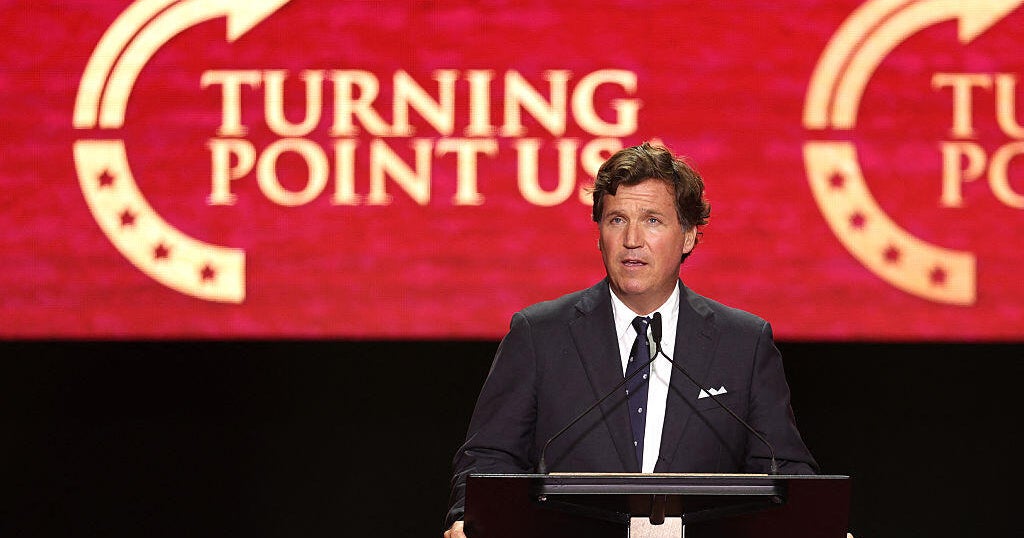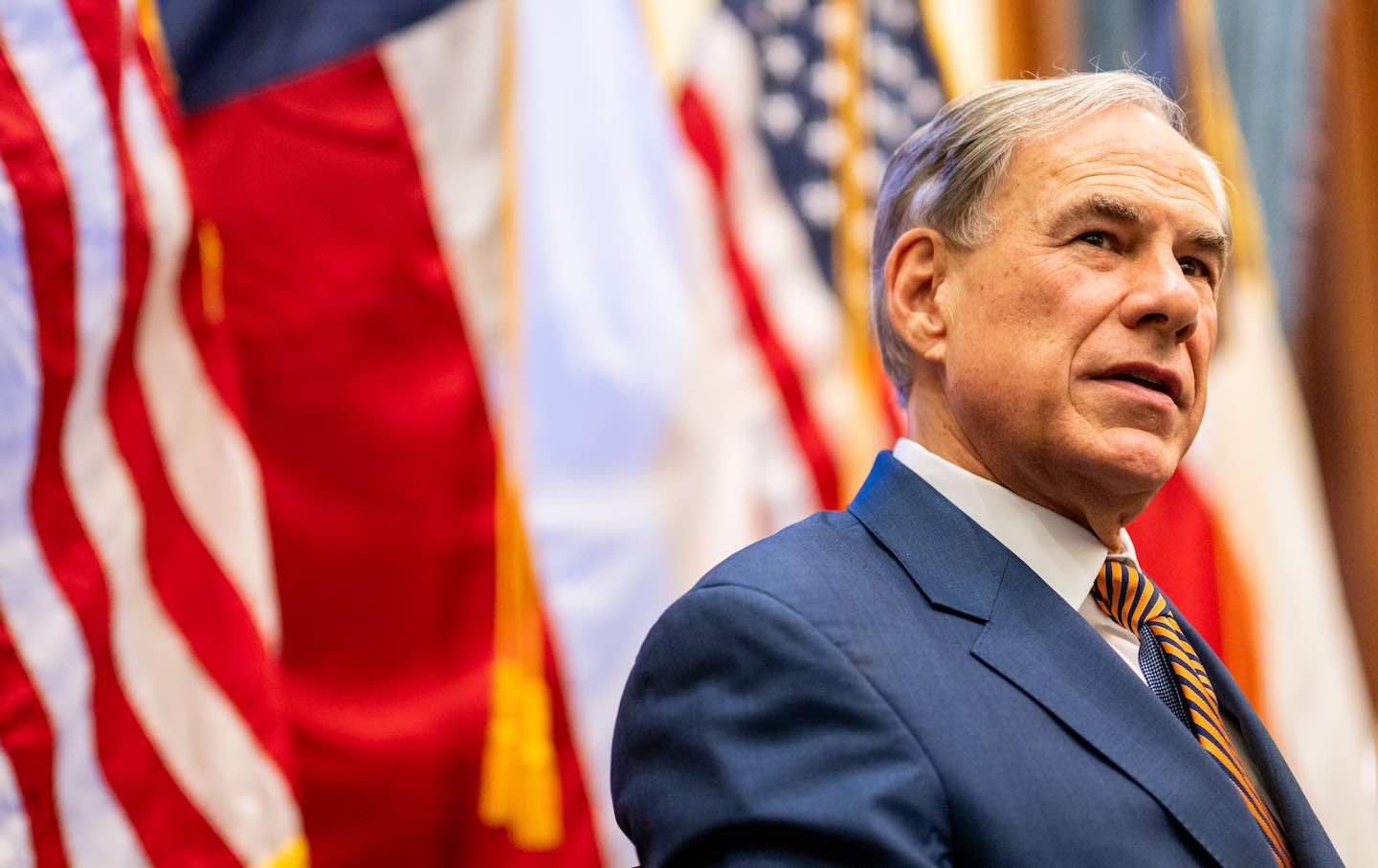
On a recent Sunday, a staggering crowd of 80,000 gathered at State Farm Stadium in Arizona to commemorate the life of Charlie Kirk, a controversial figure at the intersection of Christian nationalism and American conservatism. This event drew not just attendees but a significant online audience, showcasing the fervent support Kirk commanded within far-right circles. With performances from prominent Christian musicians and speeches from vocal MAGA supporters, the memorial vividly illustrated the growing influence of Christian nationalism in American politics.
The atmosphere was charged as speakers declared that Donald Trump was divinely appointed to combat perceived evildoers, culminating in a fiery address from Trump himself, who unleashed a torrent of vitriol against his political adversaries. While the event may have seemed strange to some, it resonated deeply with those familiar with the theological underpinnings of Christian nationalism.
Kirk, who was assassinated just months before the memorial, had often distanced himself from the label of “Christian nationalist,” asserting in a previous debate, “I’ve never described myself as a Christian nationalist. I’m a Christian, and I’m a nationalist.” However, this statement reflects a nuanced distinction that many critics argue is meaningless. Throughout his career, Kirk intertwined scripture with nationalist rhetoric, a pattern echoed at his memorial where faith was invoked to bolster a sense of national pride and identity.
Pastor Rob McCoy delivered a sermon that concluded with a call for attendees to accept Jesus as their personal savior. However, rather than entering into a moment of quiet reflection or prayer, the crowd was prompted to rise for the national anthem, a clear indication of how deeply intertwined religion and patriotism have become within this movement.
This blending of sacred and secular themes is a hallmark of Christian nationalism, where expressions of faith are often coupled with partisan politics. The memorial stood as a stark reminder of the movement’s growing prominence and its potential to shape the future of American political discourse. In this context, Kirk emerged as a symbol of a brand of nationalism that seeks to define the nation through a distinctly Christian lens.
As the event unfolded, it became evident that the legacy of Charlie Kirk extends beyond his personal beliefs and into the broader narrative of a movement that seeks to reshape America in its image. The fervor displayed at his memorial suggests that his influence will continue to be felt, galvanizing supporters and challenging adversaries alike. This moment serves as a critical juncture in the ongoing struggle for the soul of the nation, where faith, politics, and identity are inextricably linked.


